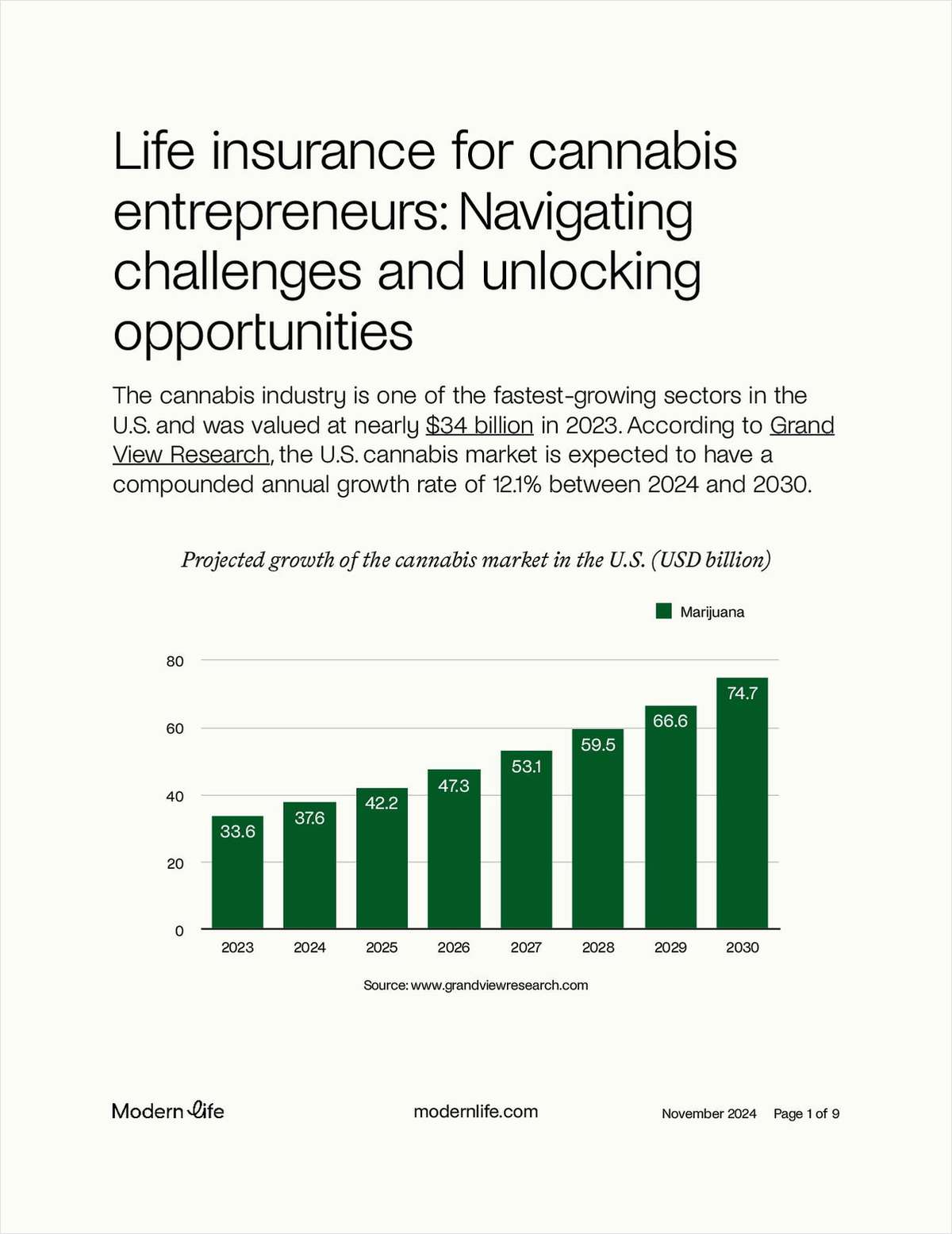Members of a House panel today voted 19-13 to endorse H.R. 181, a bill that could change how state Medicaid programs count couples' annuities when calculating eligibility for nursing home benefits.
The House Energy and Commerce health subcommittee today voted on the bill after putting it through a markup, or detailed review session.
Medicaid is a program that's funded by both the federal government and state governments and administered by the states. State Medicaid programs pay nursing home care for people who meet state eligibility guidelines.
Today, Medicaid programs assume that, if a married couple owns an annuity, and one spouse is living in a nursing home and the other still lives in the community, the annuity belongs to the spouse living in the community.
H.R. 181 would require a state Medicaid program to include half of the income from some annuities in the asset total of the spouse living in the nursing home. The bill would affect annuities purchased within the 60 months before an individual entered a nursing home.
Rep. Markwayne Mullin, R-Okla., introduced the bill together with Rep. Morgan Griffith, R-Va.
Griffith said during the markup, which was streamed live on the web, that he and Mullin will be amending the bill to make sure that it affects only annuities purchased with marital property.
In the past, many sellers of long-term care insurance and other long-term care planning products have been strong supporters of the idea of tightening Medicaid eligibility rules. Advocates of tightening the rules say that could encourage Americans who have the financial means to protect themselves against long-term care risk to do a better job using savings and insurance to prepare.
If H.R. 181 passes as written and works as drafters expect, it might reduce use of annuities in Medicaid asset planning arrangements, encourage the consumers who still use annuities in Medicaid planning to buy bigger annuities, and increase sales of other insurance products, such as long-term care insurance and life insurance policies that provide long-term care benefits.



